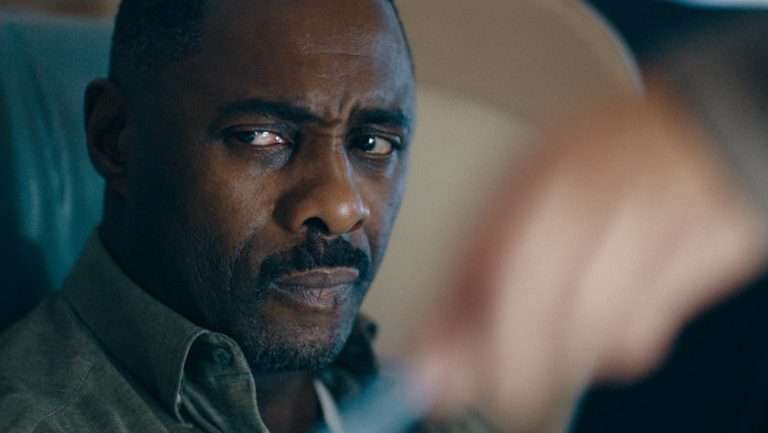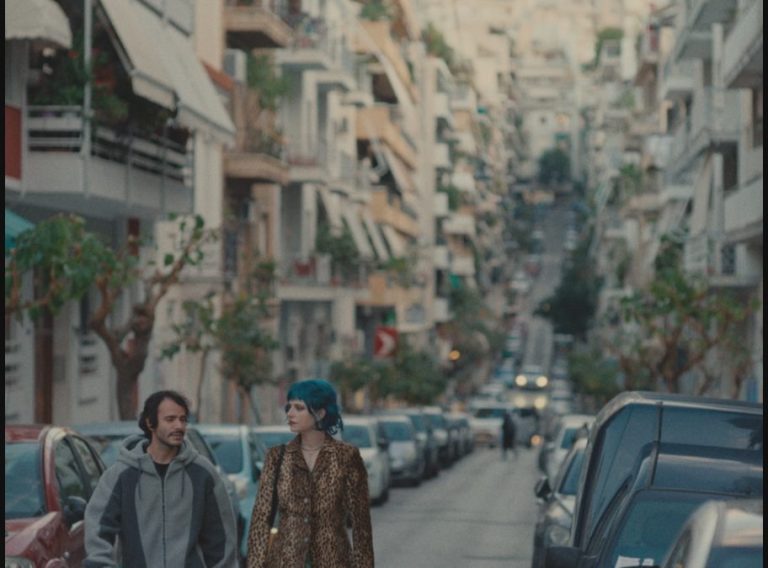It is not a matter of surprise how deeply disturbing Olga Chernykh’s “A Picture to Remember” is. The setting itself can’t but evoke despair, terror, and absolute vulnerability. In the godforsaken country of Ukraine, the unceasing depredation of the Putin-led Russian invasion has brought it to its knees. Stability is wholly splintered, and everyday living is a mere gamble. At any point, existence in Ukraine stands the possibility of immediate erasure. Carnage rolls on while hope and reconstruction have no chance of returning.
Though the director mostly desists from veering to overt visual depictions of the horrors unfolding day in and day out, it is pronounced an ever-present reality inextricable from every aspect and corner of family history. The film does situate itself in February 2022, with Russia’s new swathe of brutality on Ukraine. However, ample indications are peppered throughout, which signal that Ukraine has been a routine vessel of political manipulation and casualty, going back to the depths of the past. It is not at all confined to the present moment. Implications run wide and vast and involve an almost irredeemably fraught geopolitics.
There’s a chilling, interminable circularity to the events, evoking a populace trapped in the shackle hold of something they can escape only if they entirely remove themselves from the country and abandon their ties to it. But Chernykh emphasizes the errors of choosing to forget and disown one’s history. She confesses to her own guilt in this and seeks to amend her approach. Her grandmother Zorya is especially influential and inspiring in this.
Even at eighty, Zorya’s defining optimism hasn’t dented a bit. Opting to stay back in the city of Donetsk, which she and her family hail from, despite its looming precarity, she may have to presently be content with keeping herself homebound, but traces of her boundlessly lively, vigorous, undefeated spirit show no signs of dimming.
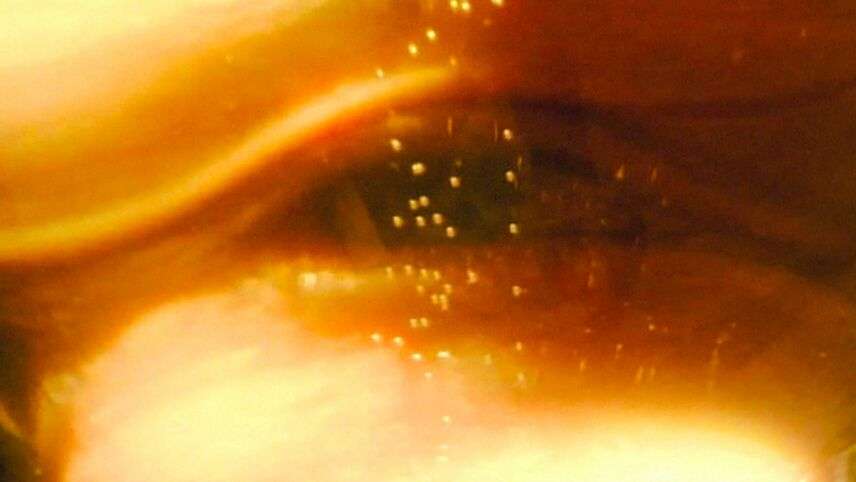
Zorya doesn’t lament her choice of staying in such a fragile, collapsing place. She refuses to part with a place that is integral to her very being and her relationship with her late husband, who played a crucial role in Donetsk’s reconstruction. The city used to be a bustling, thriving one. It was one of Ukraine’s wealthiest cities, attracting its biggest stars to its turf. In archival records, a Beyonce performance in Donetsk pops up. It is reiterated that no one could have believed Donetsk would ever fall to invasive forces. The Russian occupation has rendered it a shell; all past glory and shine wholly snuffed out. A memory detour to the time when Olga sneaked out on a secret trip to Mariupol with her friends is grimly shaded by the current actuality of the city’s obliteration.
Olga’s parents stay with her in Kyiv, having relocated under the presumption it’d be safer. Soon, however, the façade of security against threats more common to other parts of Ukraine is blown off. The three live in a basement beneath the morgue where Olga’s mother works as a pathologist. There are whiffs of complaint in Olga’s recounting her mother’s absence. The documentary derives its most unnerving power from mundane observations and realizations, like a skin-curling, eerie moment when it dawns on Olga that the strange clouds in the sky are actually missile trails. The sky, which she once loved, is now profoundly untrustworthy. Another scene in which the grandmother reveals she had to replace her windows because they were shelled hits explosively.
“A Picture to Remember” doesn’t hammer the intrinsic gallery of horrors. It incorporates and asserts them as a regular reality that has to be negotiated in full purview of the immense danger that dangles. The tragedy doesn’t abate, but people’s resolve to endure and wait out these desperate, unremitting circumstances stays intact. How long can this endurance last? Refugeehood lingers as the imminent future. This is a distressingly urgent, unshakably bristling work of recollection and witnessing.



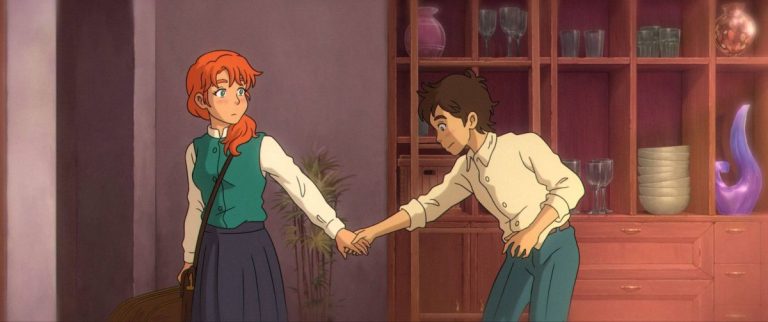
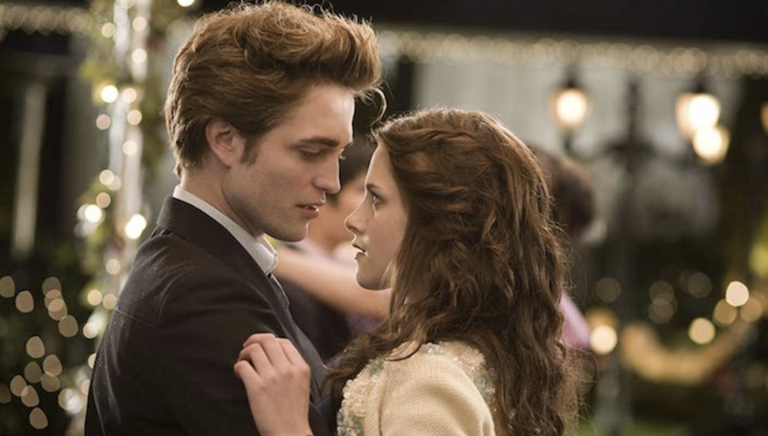
![Leviathan [2014]: A scathing Political satire reflecting on Human Suffering](https://79468c92.delivery.rocketcdn.me/wp-content/uploads/2017/09/leviathan-highonfilms-768x432.jpg)
